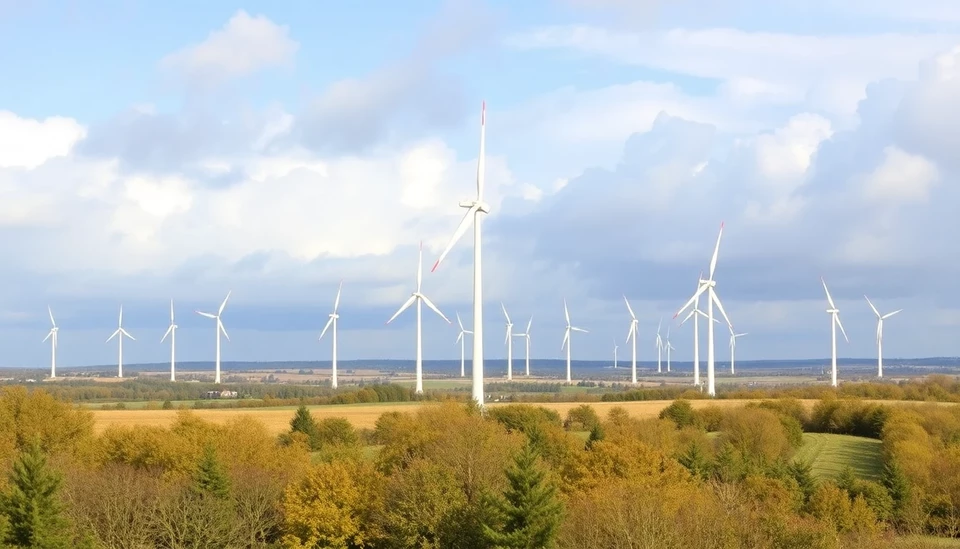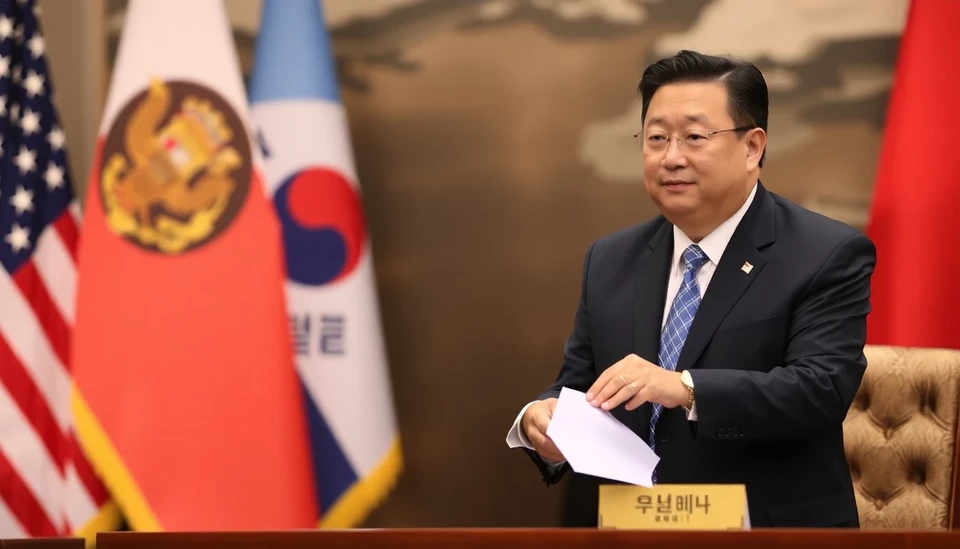
In a troubling development for Germany's renewable energy sector, wind power generation has significantly dropped, raising concerns about potential profit losses for various renewable generators. Recent data indicates that wind output fell dramatically, with severe repercussions for the overall energy market.
This decline in wind energy production comes at a time when Germany has heavily invested in wind farms as part of its broader transition toward more sustainable energy sources. The country's ambitious plans to reduce carbon emissions and enhance energy security through renewables are now facing a significant test.
According to the latest reports, wind turbines across Germany produced approximately 40% less electricity than usual during the recent cold snap. This sharp decrease not only impacts energy supply but also complicates financial stability for companies dependent on wind energy production. Many renewable energy operators, who had anticipated steady outputs due to favorable weather conditions, are facing a harsh economic reality as energy prices fluctuate due to low supply.
The lack of wind was felt nationwide, impacting not only large-scale generators but also local communities relying on wind power for their energy needs. As a result, some energy firms are forced to rely on more expensive fossil fuel alternatives or imported energy, which contradicts Germany’s environmental targets and increases operational costs.
This scenario exemplifies the inherent challenges in relying on renewable energy sources. While the country has succeeded in expanding its wind capacity, it remains vulnerable to unpredictable weather patterns that can drastically influence supply and demand dynamics. Analysts are now urging the German energy market to bolster its grid flexibility and storage capabilities to mitigate such occurrences in the future.
As the situation unfolds, energy experts and stakeholders are engaged in discussions about how to address the inefficiencies currently plaguing the sector. Investment in technological advancements, such as battery storage and enhanced grid management systems, is crucial for ensuring that renewable energy can meet demand even during adverse weather conditions.
In summary, Germany's recent wind generation slump is a stark reminder of the volatility associated with renewable energy sources. As stakeholders navigate this challenging landscape, the steps taken now will be pivotal in shaping how the country manages its energy production and fortifies its commitment to sustainability moving forward.
#GermanWindPower #RenewableEnergy #WindEnergy #GermanyEnergyCrisis #SustainableFuture
Author: Megan Clarke




